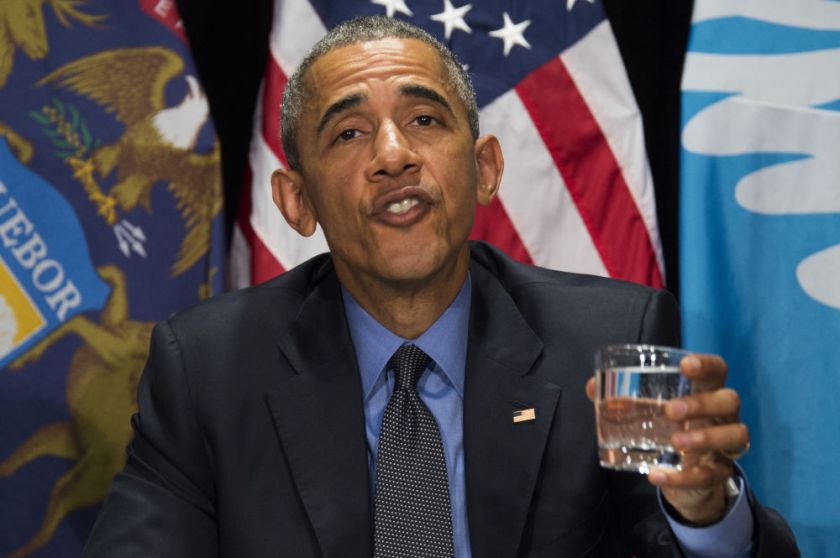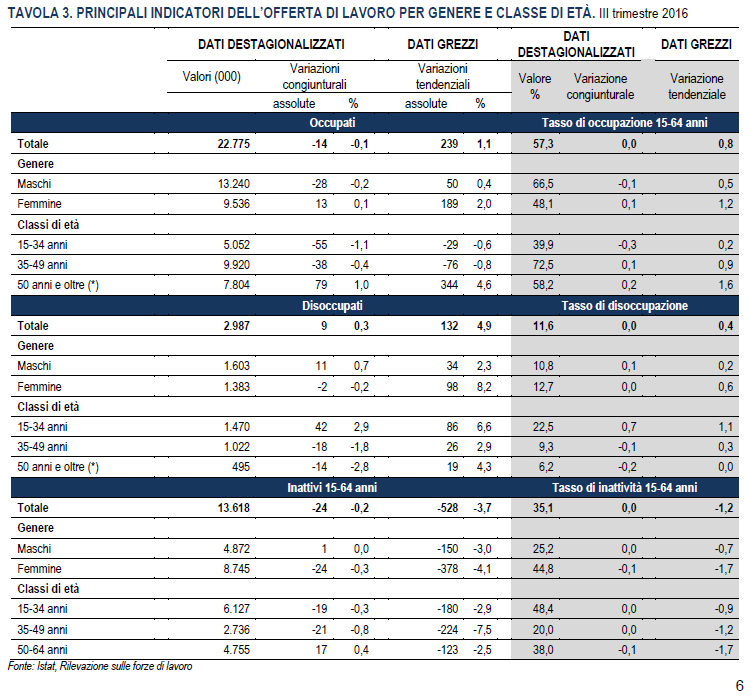Giuseppe Sandro Mela.
2016-12-31.
100 Women 2016: Female Arab cartoonists challenge authority
«”The issue that symbolises male guardianship most in our country is the question of young brides,” says award-
“There is a trend for wealthy Gulf men to travel to the impoverished Egyptian rural areas to find much younger, temporary brides.”
As a hard-hitting political cartoonist tackling taboo issues like FGM and sexual harassment, el-Adl frequently courts controversy and has even been accused of blasphemy.»
*













